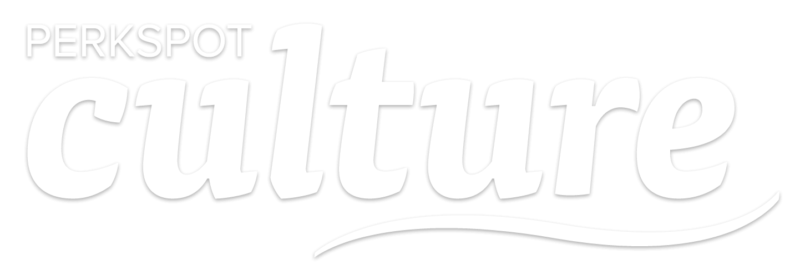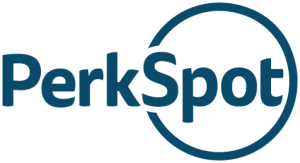Are Perks and Benefits the Same Thing?

We love perks so much we named our company after them.
But what are perks and how are they different than benefits when it comes to the workplace?
Benefits
Benefits are supplemental to salary and cover basic needs like health insurance, 401K plans, etc. While benefits are absolutely essential for companies, they also come at a price. Most benefits offered to employees cost the company something, unlike our favorite counterpart, the perk, which costs little to nothing for employers to implement.
Perks
Perks encompass everything from bike racks and lounge areas in the office to catered lunches and oh yeah, exclusive discounts on your favorite brands. While benefits are often costly, perks can be offered at a relatively low cost to employers but offer extreme value to employees. Offering perks alongside necessary benefits and compensation packages creates a powerful force when it comes to ensuring employees stay engaged and motivated in their offices. However, like all things, just making these perks available in and of itself is not enough to sustain and retain employees. As more and more businesses begin offering these incentive programs, competition increases when it comes to recruitment and retention. While nearly unheard of 20 years ago, workplace perks are more and more becoming the norm. Companies like Starbucks, Southwest Airlines, and other PerkSpot clients realize this, and that’s why offering perks are non-negotiable.
All Perks are Not Created Equal
So now the question is no longer, will we offer a perks program, but which program will we choose? Overwhelmingly, employees today request perks that improve their everyday lives, such as free gym memberships or discounts on everyday expenses such as groceries and cell phone plans. These programs are more likely to resonate with employees because they show that the employer is listening. It reaches the heart of what all employees truly desire: to be heard and understood. PerkSpot’s mission is to make that a little easier for employers. We negotiate the discounts so you don’t have to. We provide the tools to communicate with employees on how to use the platform, where to find the discounts, and even deliver the latest and greatest perks right to their inbox.
Want to learn more? Reach out to us at sales@perkspot.com
Don’t just offer perks. Offer the right ones.
Want more insights like these? Fill out the form to the right to subscribe!














